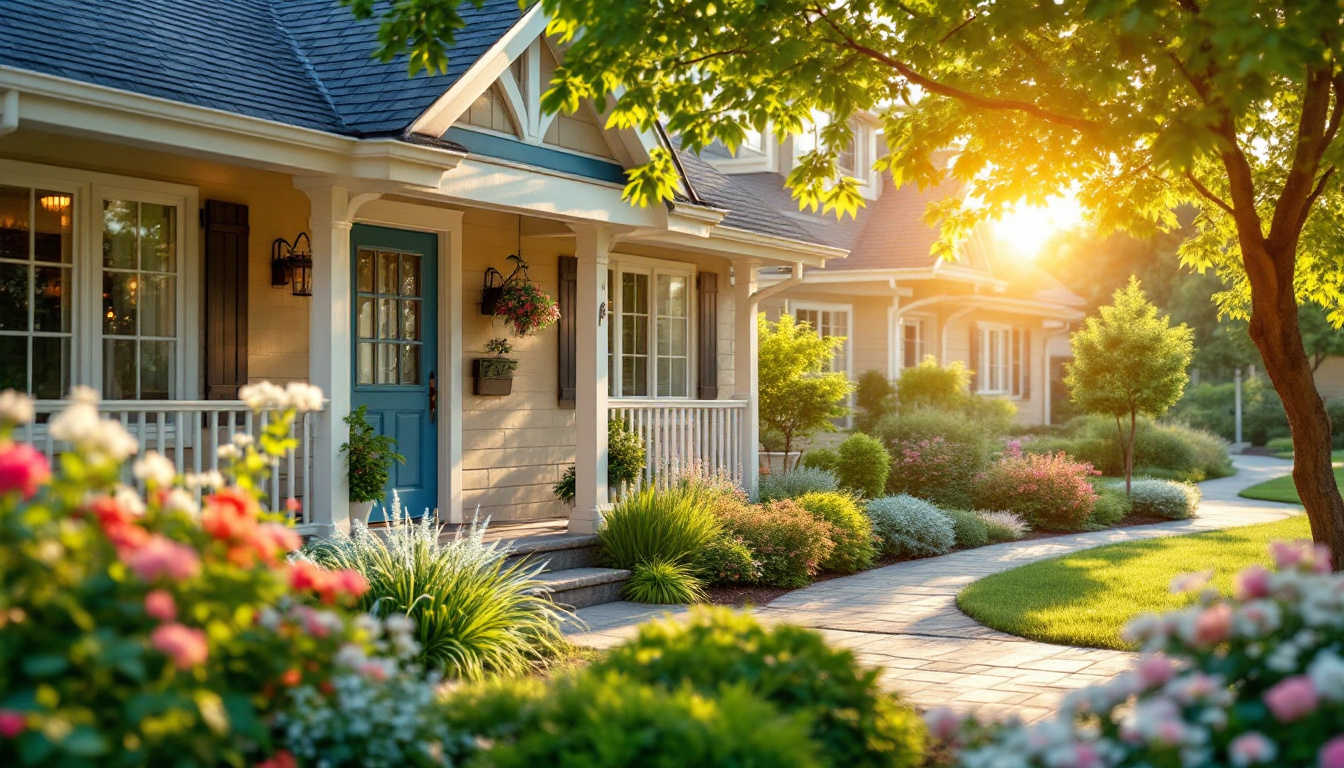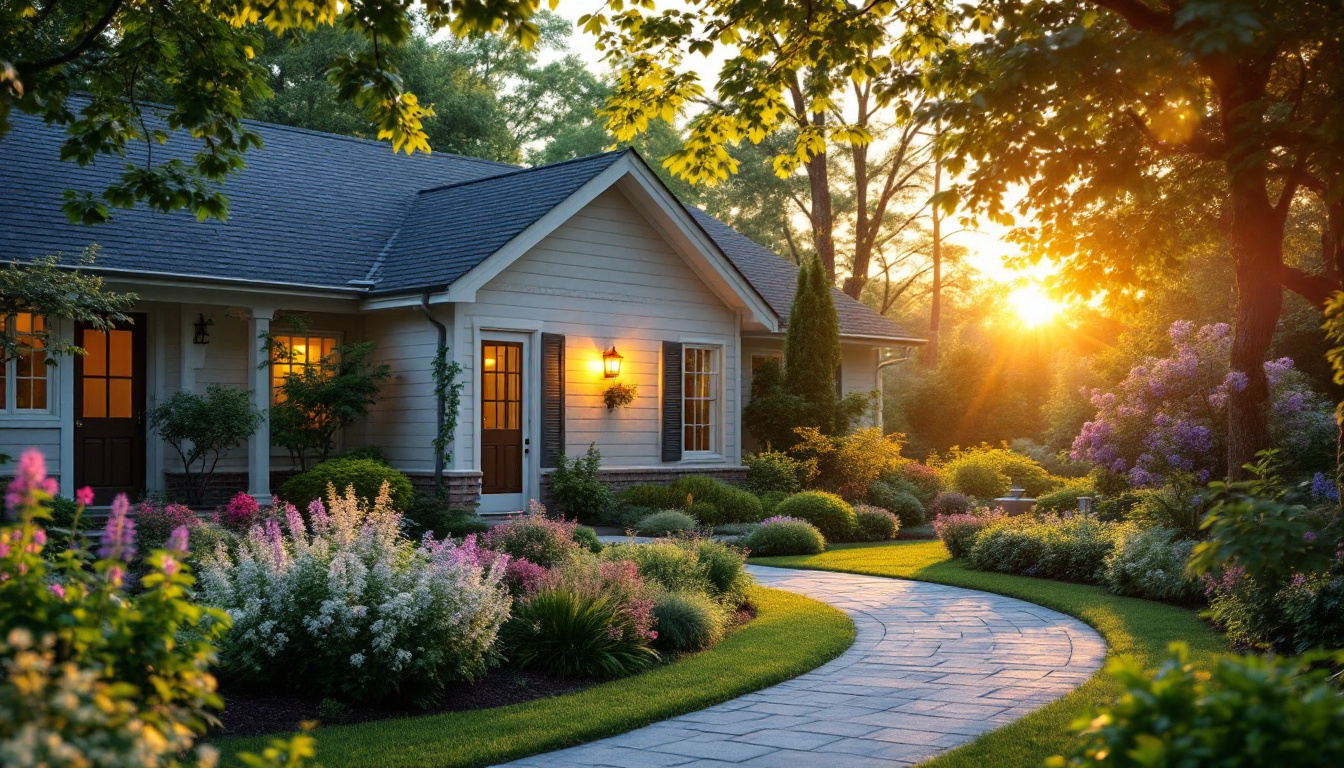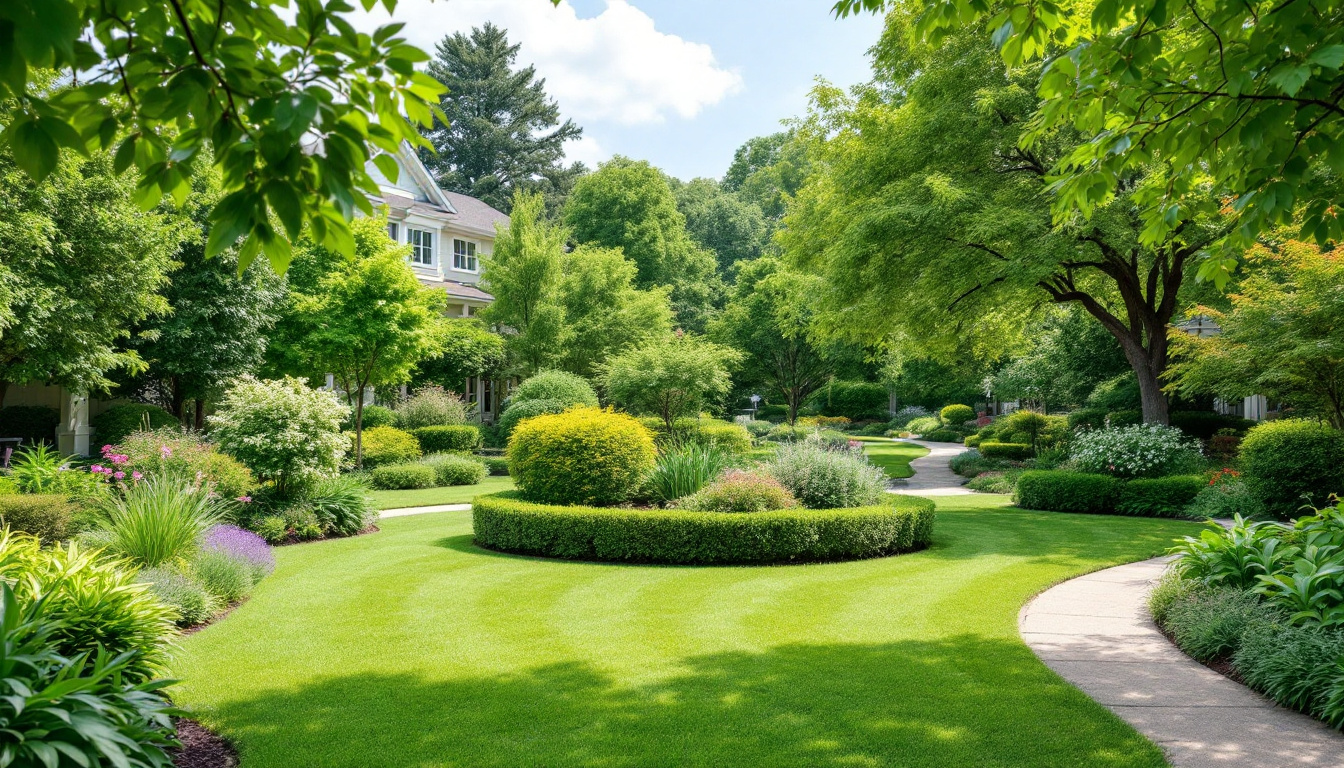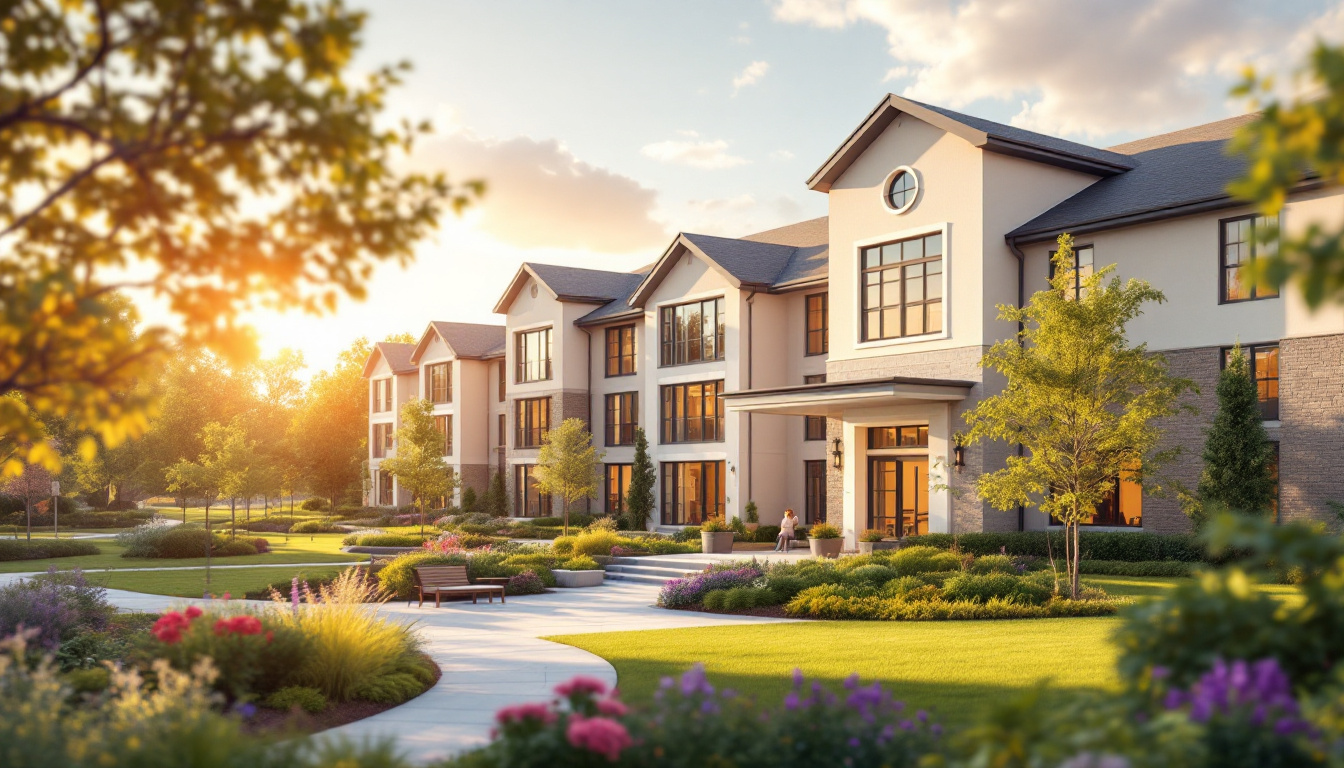The Importance of Choosing Senior Care That Focuses on Holistic Well-Being
Embracing Holistic Care: The Path to Comprehensive Senior Well-Being

Understanding the Shift to Holistic Senior Care
As the population ages, finding effective care strategies for seniors becomes increasingly important. Traditional models focusing primarily on medical needs are being supplemented by holistic approaches that encompass physical, mental, emotional, and spiritual well-being. This method of care aims to enhance the quality of life for seniors, allowing them to age gracefully and with dignity. Holistic senior care acknowledges the interconnectedness of different aspects of health, providing a more comprehensive and personalized approach to meet the specific needs of older adults.
The Multifaceted Benefits of Holistic Senior Care

What are the benefits of maintaining holistic well-being for seniors?
Adopting a holistic approach to wellness can boost productivity, mental clarity, physical health, and resilience, enabling seniors to face the challenges of daily life headstrong. Holistic senior care prioritizes the integration of physical, emotional, social, and spiritual health, leading to a profound impact on the overall quality of life for elderly individuals.
Physical well-being
Holistic practices emphasize adequate nutrition and exercise, which are vital in preventing chronic diseases and maintaining mobility. For example, targeted exercise programs help enhance flexibility and strength, reducing fall risks. Personalized meal plans cater to specific dietary needs, ensuring seniors are nourished for optimal health.
Emotional well-being
Emotional balance is essential, and incorporating activities like art therapy, journaling, and mindfulness can significantly reduce stress and anxiety. These methods promote self-expression and help seniors navigate feelings, enhancing overall emotional health, which can prevent cognitive decline and boost mood.
Social and spiritual aspects
Social connections are reinforced through community engagement programs that reduce isolation. Encouraging group activities fosters camaraderie, while spiritual care nurtures a sense of purpose. Both of these components lead to enriched relationships, which are critical for emotional resilience.
Preventive care
Holistic health acknowledges the importance of preventive care through regular monitoring and lifestyle adjustments. Seniors benefiting from this comprehensive approach tend to enjoy increased vitality, longevity, and independence, ultimately allowing for an enriched quality of life.
Why Holistic Care Matters in Elderly Care

Why is a holistic care approach important for elderly care?
A holistic care approach is crucial for elderly care as it encompasses various facets of well-being, including physical, emotional, social, and spiritual health. This comprehensive framework acknowledges how these interconnected aspects impact each other. For instance, nurturing emotional well-being can alleviate stress and anxiety, leading to enhanced mental health outcomes.
Meaningful relationships and social connections play a vital role in combating loneliness and isolation, common issues among the elderly. Participating in group activities can foster friendships, creating a supportive environment that enhances overall happiness and reduces feelings of abandonment.
Moreover, the importance of individualized care plans cannot be overstated. Personalized treatment strategies allow healthcare providers to address the unique needs and preferences of seniors, ensuring that every aspect of their health is considered. This tailored approach promotes dignity and purpose, allowing seniors to engage in their health journey actively.
Ultimately, holistic care promotes a better quality of life for older adults, emphasizing their value as individuals deserving of comprehensive care and support.
Addressing Alzheimer's and Dementia with Holistic Approaches

How do holistic approaches address the unique needs of seniors with Alzheimer's and dementia?
Holistic approaches effectively meet the unique needs of seniors with Alzheimer's and dementia by adopting a comprehensive care strategy. This strategy integrates physical, emotional, mental, and spiritual care. For example, gentle exercises such as yoga and tai chi not only help in reducing stress but also enhance flexibility and emotional resilience, which are crucial for maintaining cognitive health.
Nutritional support is another vital component. Implementing a diet rich in whole foods and ensuring proper hydration is critical for preserving muscle strength and improving overall health.
Therapies like acupuncture and massage therapy are employed to manage chronic pain, improve sleep quality, and promote relaxation, which are significant for emotional stability and well-being.
Community and socialization programs play a key role in holistic care by offering seniors opportunities to engage socially, which helps counteract feelings of isolation. Activities designed around creativity, like art therapy, can significantly enhance the quality of life and well-being for seniors facing dementia challenges. Institutions also foster environments that encourage companionship, promoting a sense of belonging and purpose, thereby contributing to holistic health management.
The Role of Physical Activity in Holistic Care

Exercise and Physical Health
Physical activity is a cornerstone of holistic care for seniors, promoting not just physical health, but also enhancing overall quality of life. Regular exercise aids in maintaining mobility, reducing the risk of chronic diseases, and supporting cardiovascular health. Gentle exercises like tai chi and chair yoga improve flexibility, balance, and strength. These activities are particularly vital as seniors age and become more prone to falls.
Mental and Social Benefits
Engaging in physical activities also fosters mental clarity and emotional stability. Exercise releases endorphins, which can help reduce anxiety and improve mood. Moreover, participating in group classes creates opportunities for social interaction, helping to combat feelings of isolation that many seniors experience. Activities often include dancing, walking groups, and themed exercise classes, all designed to encourage camaraderie among participants.
Programs and Activities in Senior Living Facilities
Senior living communities are increasingly implementing holistic wellness programs that incorporate physical activity. These programs not only encompass strength and flexibility training but also include mental stimulation through games and engaging educational workshops. By combining these elements, facilities ensure that seniors benefit from a well-rounded approach to their health, enhancing their emotional, social, and physical well-being.
Emotional and Spiritual Well-Being in Holistic Care

Emotional Health Through Art Therapy and Journaling
Art therapy and journaling are powerful tools in holistic senior care that foster emotional health. These practices allow seniors to express feelings, relieve stress, and enhance their mood. Through art therapy, residents engage in creative projects that not only cultivate self-expression but also promote cognitive functions. Journaling, on the other hand, encourages reflection and emotional processing, reducing anxiety and enhancing mental clarity.
Spiritual Practices and Their Benefits
Integrating spiritual practices into senior care can have profound benefits. Activities such as meditation, prayer, and participation in religious services can provide a sense of community and purpose. These practices are commonly linked to improved mental health, increased feelings of belonging, and enhanced overall well-being. A spiritually enriched life can lead to lower mortality rates and better health outcomes for seniors, reinforcing the significance of addressing spiritual needs.
Aiding in Emotional Resilience
Emotional resilience programs, including group support and therapy sessions, empower seniors to cope with life's challenges. By providing a safe space for sharing experiences and feelings, these initiatives help cultivate stronger social bonds and emotional fortitude. Additionally, support groups functioning within senior living communities enhance connectivity, combating loneliness and fostering an uplifting community atmosphere. Such emotional support is crucial for maintaining well-being as individuals age.
Social Connections as a Pillar of Holistic Care
Community Engagement
Social connections are fundamental to holistic care, especially for seniors. Community engagement initiatives, such as group activities and wellness programs, create opportunities for seniors to interact and bond with others. This involvement not only combats feelings of loneliness but also fosters a sense of belonging within the community.
Reducing Loneliness and Isolation
Seniors often face the risk of isolation due to mobility challenges or loss of loved ones. Holistic care strategies such as volunteer opportunities and social clubs are effective ways to connect seniors with peers. These interactions can significantly decrease loneliness, leading to improved mental and emotional health outcomes.
Building Meaningful Relationships
Participating in shared activities, whether through art classes, exercise groups, or game nights, allows seniors to build meaningful relationships. Enhanced social interactions encourage positive emotional expression and support systems, which are vital for overall well-being. By prioritizing social connections, holistic care addresses crucial aspects of seniors’ happiness and quality of life.
| Topic | Key Points | Benefits |
|---|---|---|
| Community Engagement | Group activities | Fosters belonging, reduces loneliness |
| Reducing Loneliness | Volunteer opportunities | Decreases isolation, boosts mental health |
| Building Relationships | Shared activities | Encourages emotional support, enhances quality of life |
Implementing Holistic Care: Best Practices and Strategies
Comprehensive Care Plans
Holistic care for seniors begins with personalized care plans that assess the unique physical, emotional, and social needs of each individual. This tailored approach ensures that seniors receive support that reflects their abilities, cognitive status, and personal interests. Regular evaluations can help adjust these plans, making it easier to address any new challenges they face.
Alternative Therapies and Self-Care
Integrating alternative therapies is significant in holistic care. Techniques such as massage therapy, aromatherapy, and yoga can alleviate stress and promote relaxation. Additionally, self-care practices like meditation and mindfulness not only support mental clarity but also enhance emotional regulation. Healthcare providers should encourage seniors to explore these options as part of their wellness journey.
Empowering Seniors Through Education
Education plays a critical role in empowering seniors to take charge of their health. Programs that focus on nutrition, preventive care, and stress management can incite positive lifestyle changes. Workshops and resources on maintaining healthy habits, tailored to seniors' experiences, enhance their ability to manage their health independently and foster an overall sense of well-being.
Conclusion: The Future of Holistic Senior Care
Holistic senior care represents a paradigm shift towards a more comprehensive, person-centered model that respects the diverse needs of aging individuals. By integrating physical, mental, emotional, and spiritual aspects of well-being, it addresses the full spectrum of health challenges faced by seniors. This approach not only improves the quality of life but also empowers seniors to maintain their independence and live with dignity and purpose. As awareness and implementation of holistic care practices grow, it signals a future where elder care facilities are designed to support the whole person, promoting a fuller, richer aging experience.
References
- Benefits of Holistic Health & Wellness Activities | Senior Living
- The Importance of Holistic Senior Care for Enhanced Well-Being
- Holistic approach to senior care is a growing trend across ...
- Holistic Senior Care For Improved Well Being & Quality ...
- Living Well: Nine Holistic Approaches to Senior Health
- Holistic care in healthy aging: Caring for the wholly and ...
- Guide to Holistic Health Care for Older Adults







































































































